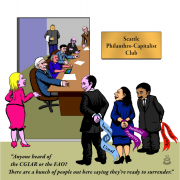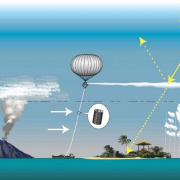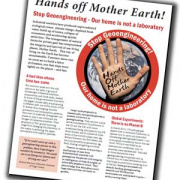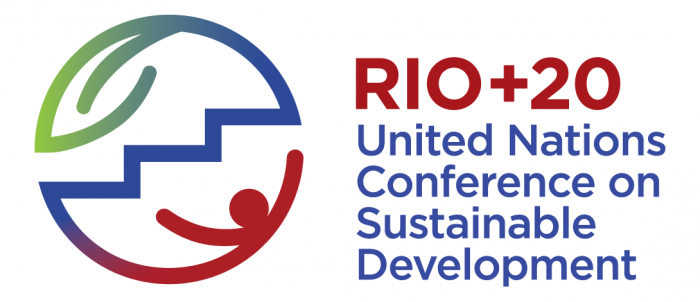New Report: The Greed Revolution
Submitted by ETC Staff on
A new 30-page report that documents the growing influence of agribusiness on the multilateral food system and the lack of transparency in research funding has been released today by the international civil society organization ETC Group. The Greed Revolution: Mega Foundations, Agribusiness Muscle In On Public Goods, presents three case studies – one involving the UN Food and Agriculture Organization (FAO) and two involving CGIAR Centers (Consultative Group on International Agricultural Research) -- which point to a dangerous trend that will worsen rather than solve the problem of global hunger. The report details, amongst others, the involvement of Nestlé, Heineken, Monsanto, the Bill & Melinda Gates Foundation and Syngenta Foundation.






